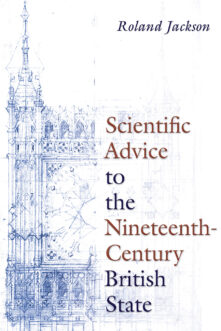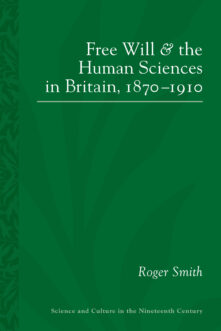Books
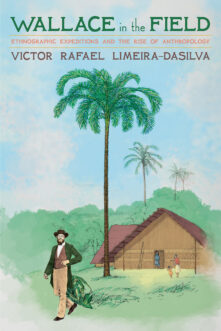
Wallace in the Field
Ethnographic Expeditions and the Rise of Anthropology
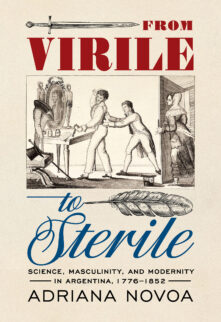
From Virile to Sterile
Science, Masculinity, and Modernity in Argentina, 1776–1852
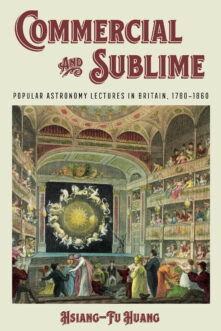
Commercial and Sublime
Popular Astronomy Lectures in Britain, 1780–1860
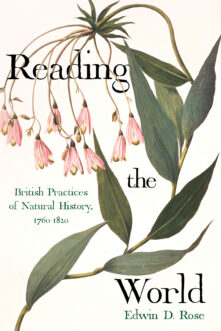
Reading the World
British Practices of Natural History, 1760-1820
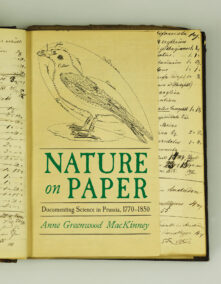
Nature on Paper
Documenting Science in Prussia, 1770-1850
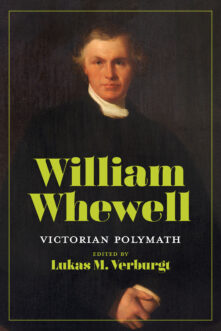
William Whewell
Victorian Polymath
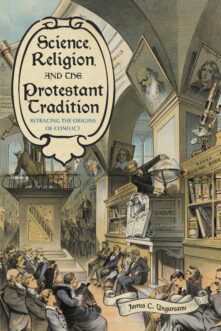
Science, Religion, and the Protestant Tradition
Retracing the Origins of Conflict
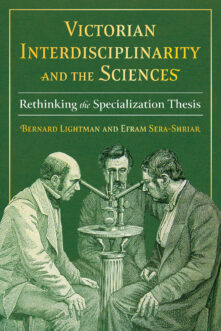
Victorian Interdisciplinarity and the Sciences
Rethinking the Specialization Thesis
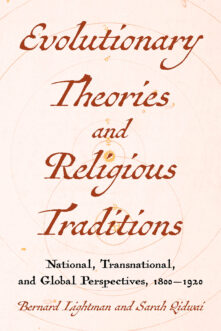
Evolutionary Theories and Religious Traditions
National, Transnational, and Global Perspectives, 1800–1920
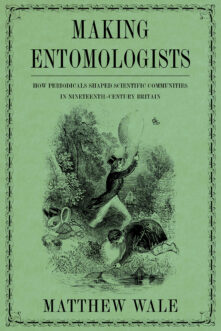
Making Entomologists
How Periodicals Shaped Scientific Communities in Nineteenth-Century Britain
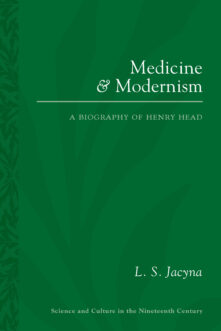
Medicine and Modernism
A Biography of Henry Head
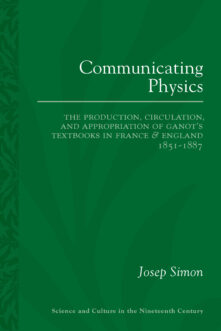
Communicating Physics
The Production, Circulation, and Appropriation of Ganot's Textbooks in France and England, 1851–1887
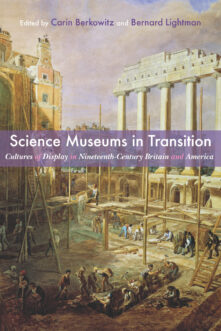
Science Museums in Transition
Cultures of Display in Nineteenth-Century Britain and America
Total 50 results found.


